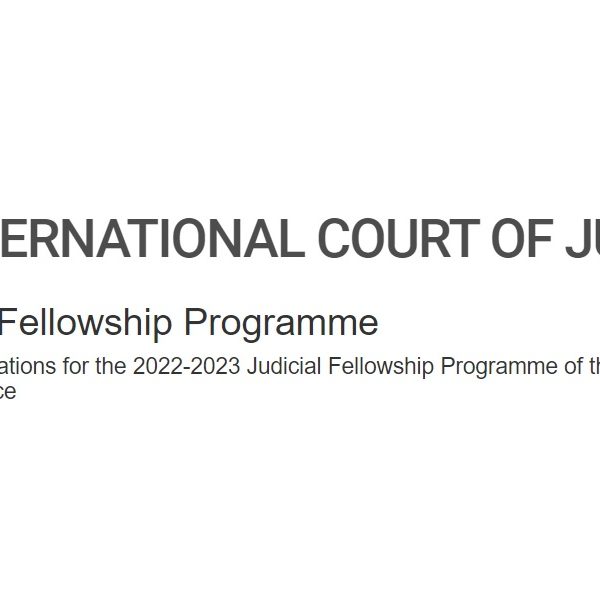Deadline: 15th of October 2012
Open to: Locally-based conservation groups or agencies in the developing world with relevant projects aimed at the conservation of globally threatened species
Grant size: £5,000 – £15,000
Description
The Flagship Species Fund provides practical support for the conservation of globally threatened species and their habitats in developing countries. The fund focuses on flagship species, which are species that are symbolic to either international or local audiences and can be used to raise awareness or support for conservation efforts, bringing broad benefits to habitats or wider the ecosystem. The Fund’s key taxonomic focus is on primates, sea turtles and trees.
Launched in 2001, the fund is a joint initiative between Fauna & Flora International (FFI) and the UK Government’s Department for Environment, Food and Rural Affairs (Defra). In addition, matched funding is sought each year from corporate partners.
Eligibility
The Flagship Species Fund is focused on supporting the work of locally-based conservation groups or agencies in the developing world, particularly those who have previous or on-going relationships with FFI or other UK-based international conservation organisations. In addition there is an interest in work in the UK Overseas Territories, and thus locally-based UKOT organisations with relevant projects are encouraged to apply.
To be considered for FSF funding in 2013 your application must:
- Be made by, or on behalf of, a local organisation in a developing country or a UK Overseas Territory.
- Focus on a globally threatened species in one of the fund’s priority categories: primates, trees and sea turtles. In addition, a small amount of funding may be available for projects which focus on other taxa, providing that: The species is clearly a strong local flagship/ The species is underrepresented in other conservation funding streams
- Have a clearly defined conservation outcome that, although focussed on a flagship species, should also demonstrate positive impacts on the wider habitat and ecosystem
- Contribute towards delivery of one or more of the Aichi Biodiversity Targets
- Be field based and focus on direct conservation action (to date projects have focused on direct species intervention, education and training, survey and research and, to some extent, policy and planning)
- Be between 6-18 months duration, and in a position to start in early 2013
Grant size
In 2013 the Flagship Species Fund is looking to support up to eight projects at a level of £5,000 to £15,000 (the average budget being less than £10,000).
- If a project is approved by the internal review and by Defra, the funding available will be confirmed. At this stage a full outline will be required from the applicant before a grant agreement can be prepared. Funding can only be transferred once the grant agreement is in place.
- Subject to receipt of funds for Defra, and completion of paperwork, funds will be transferred to approved projects in early 2013.
- The funding will be transferred directly in one or two tranches, rather than being costed piecemeal to the Flagship Species Fund.
- The project is expected to provide the Flagship Species Fund co-ordinator at FFI with reports twice a year (June 2013 and December 2013), in standard formats to meet Defra’s reporting deadlines. A final project evaluation will also be required. In addition, projects will be asked to provide human-interest stories and photographs of their activities to be used in Defra communications and on the FFI Flagship Species Fund webpage.
Application procedure
Applicants should produce a one or two page project concept (in English) in the following format. Please do not send any other accompanying documentation.
- The focal flagship species/taxa and justification for its status as a flagship, and its global IUCN threat category
- The country of operation
- The name of the applicant (local, in-country) organisatio
- The amount requested from the Flagship Species Fund
- The total budget, with a summary budget breakdown. A list of other sources of finance should also be provided, and an indication of the status of these funds
- The conservation problem to be addressed
- The objectives of the project
- Which Aichi target(s) the project will contribute towards
- The proposed activities
- The expected outcomes
- The timeframe for the project
- Contact persons in the applying institution/agency (who will be notified of funding outcome)
Project concepts must be sent to the Flagship Species Fund coordinator at david.gill@fauna-flora.org by 15th October 2012!
Complete guidelines can be found in PDF format here.
The official website.


